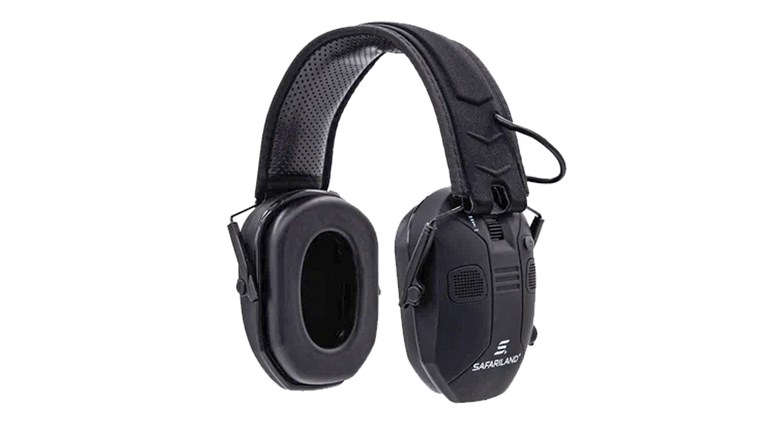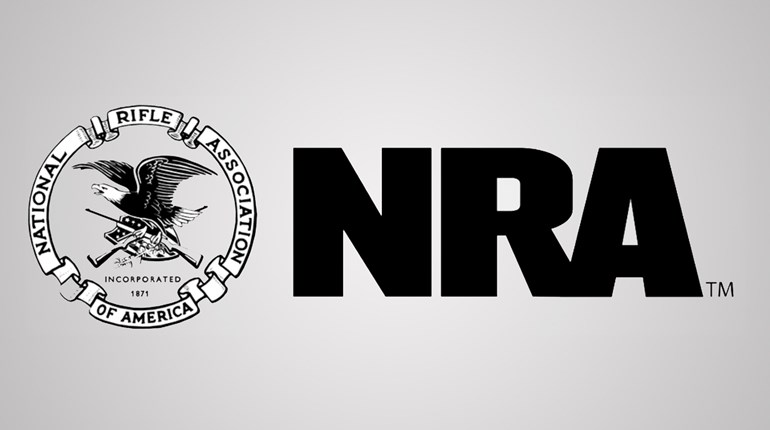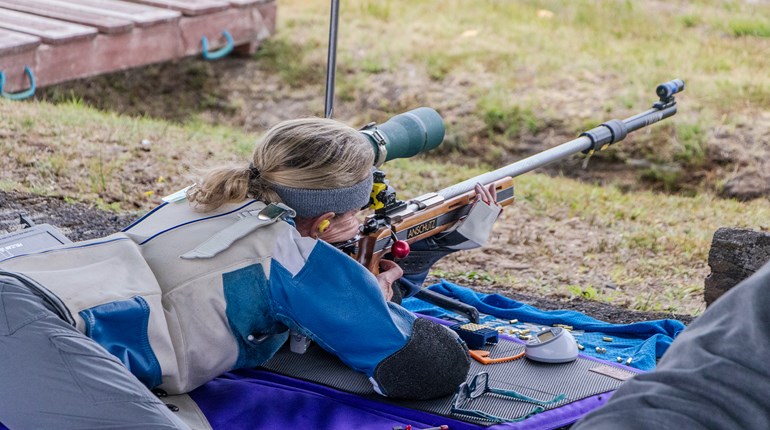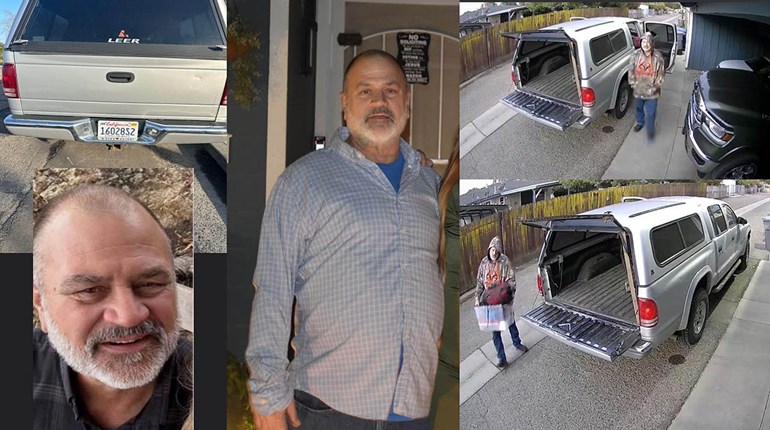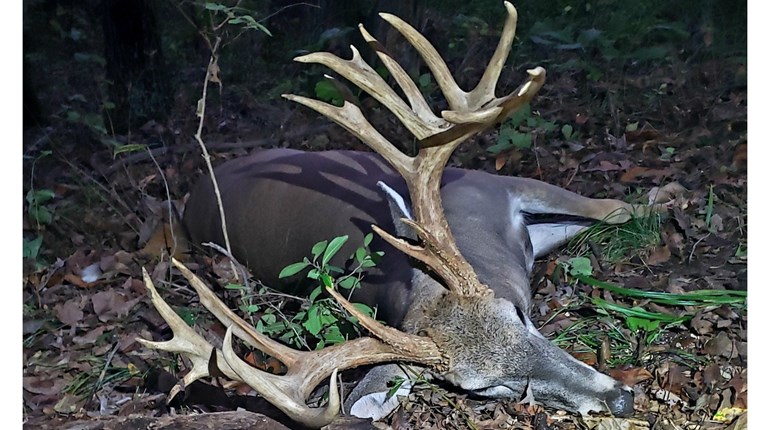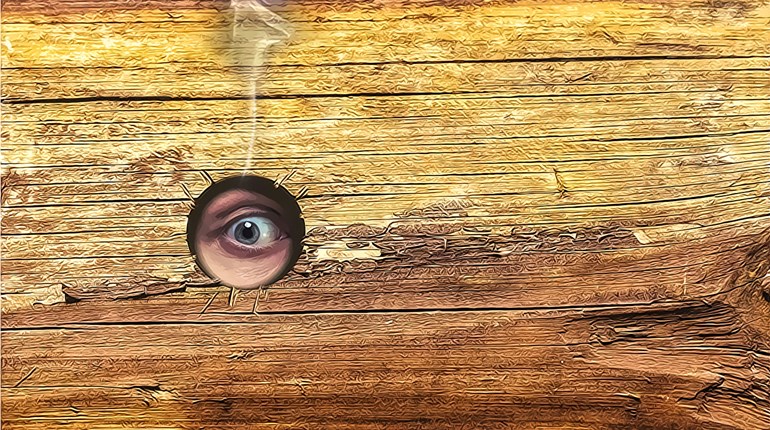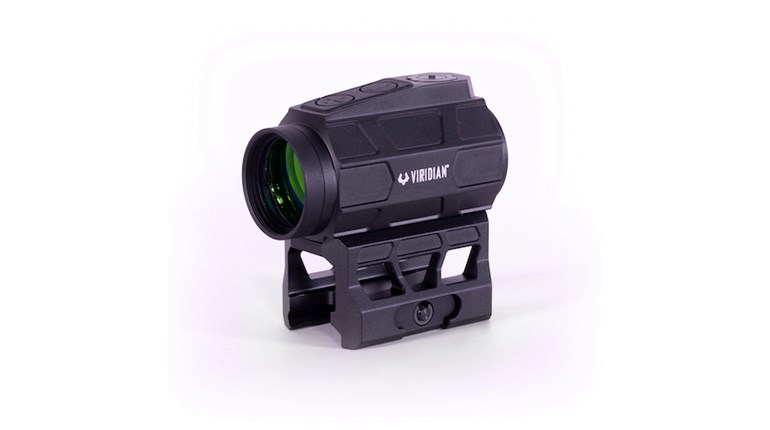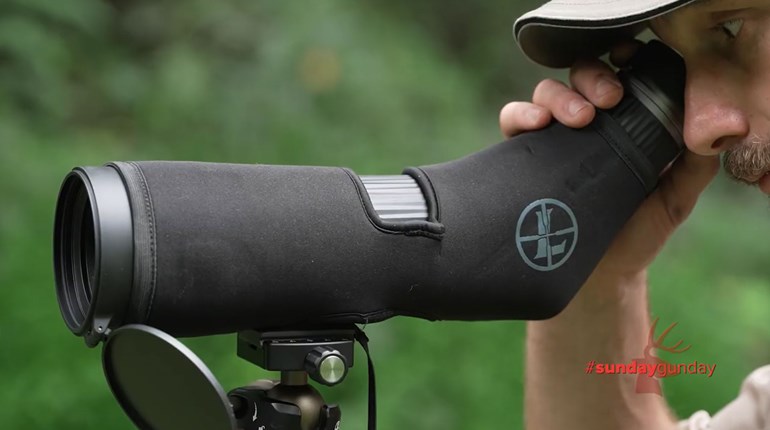
You may have heard them referred to as "suppressors," "silencers" or simply as "cans," but they're all the same thing: simple devices that significantly reduce the report from firearms. Since 1934, under the National Firearms Act, suppressors have been regulated heavily, requiring buyers to send an application to the Bureau of Alcohol, Tobacco, Firearms and Explosives (ATF), pay a $200 tax, and pass an arduously time-consuming ATF background check. The National Rifle Association’s Institute for Legislative Action (NRA-ILA) announced its support October 22, 2015 for the Hearing Protection Act. Sponsored by Congressman Matt Salmon (AZ-05), the legislation removes suppressors from those regulations. Under Salmon’s bill there will be no application, no tax, and buyers would be required to pass the same National Criminal Instant Background Check (NICS) as law-abiding gun owners.
“Suppressors significantly reduce the chance of hearing loss for anyone who enjoys the shooting sports,” said Chris Cox, executive director of NRA’s Institute for Legislative Action. “On behalf of the NRA and our 5 million members, I want to thank Rep. Salmon for his leadership on this important bill."
Noise-induced hearing loss from firearms is serious business. According to the National Institute on Deafness and Other Communication Disorders (NIDCD), noise-induced hearing loss can take place from repeated exposure to sounds of only 85 decibels (dB). Firearms, depending on caliber and other factors, can produce noise registering from 130-157 dB. Earplugs and muffs can reduce the sound by anywhere from 15 to 35 dB, which still leaves ardent shooting-sports enthusiasts vulnerable to progressive hearing loss. Suppressors, however, can reduce sound by an additional 20 to 35 dB.
As a leading voice in the industry, the American Suppressor Association (ASA) has provided valuable insight to the creation of the Hearing Protection Act.
“Suppressors benefit all involved in hunting and the shooting sports. It’s time to bring the law in line with modern technology,” said Cox.
It is currently legal to hunt with a suppressor in 37 states. Forty-one states allow private ownership of suppressors.
To learn more about suppressors, visit the ASA's website, or read this informative article from our friends at Shooting Illustrated. To see myths about suppressors debunked, read our article here.














